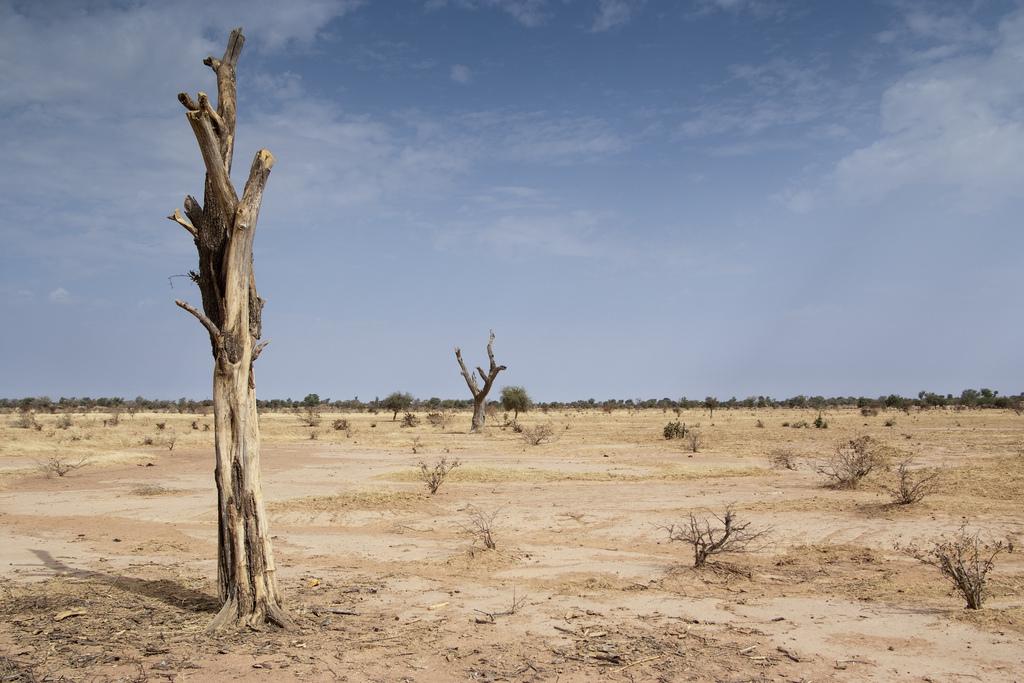At the Paris Climate Conference, leaders from the African Union have announced ambitious goals to progress renewable energy in their struggling nations.
The alliance of 54 African nations announced an initiative that will see US $20 billion invested in renewable energy projects, hopefully increasing the continent’s renewable energy capacity by at least 10 gigawatts by 2020.
The project will be called The African Renewable Energy Initiative and will be hosted by Abidjan, an Ivory-Coast based Development Bank.
Climate Change Takes Its Toll On The Developing World
As some of the most under-developed nations in the world, the African Union have acknowledged that climate change is an immediate threat to their struggling nations. Whether it be drought encroaching on precious farmland or rising sea levels threatening the homes and livelihoods of island nations, climate change is posing a significant threat to Africa as a continent.
The Paris Climate Change Conference enabled the leaders of some of the world’s poorest countries to share their experiences with climate change with the leaders of the world’s most powerful and wealthy nations. One of the most dominant and contentious topics was the issue of international aid, particularly the amount that is being provided by rich countries to poor ones.
Poor nations, as the most readily effected by climate change are pleading for assistance from wealthy nations to directly combat their carbon emissions and develop their renewable energy sectors. French President was among a number of world leaders who heard presentations from African leaders including worrying reports of the Sahara Desert encroaching on farmland, forests disappearing in the Congo and Madagascar and homes being lost due to rising sea levels in West Africa’s rivers.
Electricity is another issue which is not only expensive for African communities but sucks nations dry of natural resources. President of Mali, Ibrahim Boubacar Keita said “when a young student is forced to study under a street lamp at night, it clearly demonstrates the electricity issue”. The need for renewable, but also affordable, energy is at an all time high across Africa.
World Leaders Pledge Millions In Funding For African Renewable Energy Initiative
Funding for the African Renewable Energy Initiative will come partially from developed nations as well as from the member nations themselves. A number of wealthy nations have already committed up to US $100 million to the initiative and more is hoped to be donated in due course. Additionally French President, Francois Hollande, has promised billions of euros in coming years to support renewable energy in African nations.
“The world, and in particular the developed world, owes the African continent an environmental debt” said Hollande.
A more overarching aim of the talks between rich and poor nations is to strengthen and enforce more strictly the parameters of the 1997 Kyoto Protocol. Furthermore, the Kyoto Protocol only required rich countries to cut their carbon emissions whereas the requirements proposed in Paris will apply to all nations involved.
At the forefront of discussion was conservation of forests and natural habitats, and prohibiting illegal logging in South America, Russia and Africa. More than 180 nations have pledged to reduce their emissions, however scientists are maintaining that much more needs to be cut if we are to reverse the effects of climate change.
Photo courtesy of TREEAID



